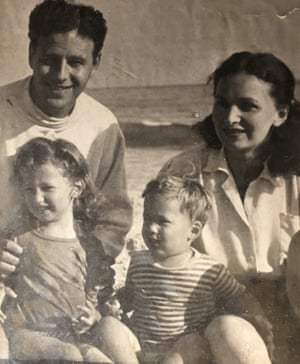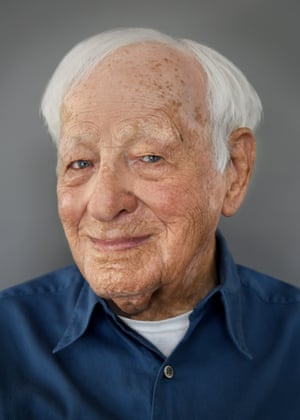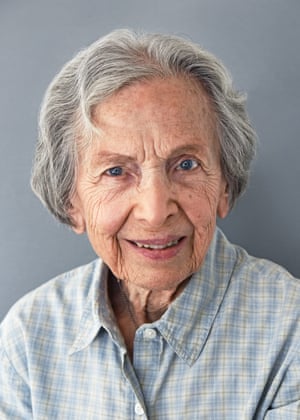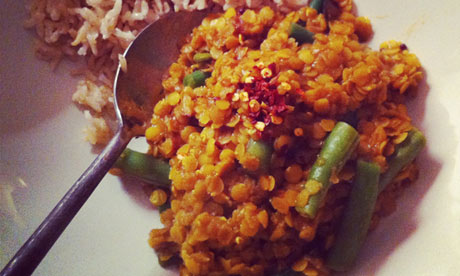EID in Pakistan leaves unwieldy quantities of carcasses to deal with. But the world’s largest festival of ritual slaughter is held every five years in Nepal’s Bariyarpur village, mostly of water buffaloes, for the propitiation of goddess Gadhimai. On the other hand, The Indian Express reported recently that more Indians are turning to meat eating than ever before, leaving vegetarian men in the age group of 15 to 49 — who had never consumed “fish, chicken or meat” — at a faltering 16.6 per cent in 2019-21. Indian gurus cite ancient texts to suggest that meat eating makes us aggressive and vegetarianism has a calming effect.
That’s not the way it always seems to play out though. Are people who kill people in a riot or a massacre vegetarians or meat eaters? It is probably the wrong question to pose. I once ordered a bowl of thukpa at a Tibetan restaurant in Manali. It is a meat dish with noodles popular among Tibetans who are nearly all Buddhist. In the meantime, I wondered if the owner could kindly swat away the flies. There was total refusal to do anything about the pests hovering over the table. “We don’t kill,” was the clear but polite reply. What about the thukpa? It has meat. “I didn’t kill it,” the man smiled.
Within meat-eating and vegetarian groups there are further subdivisions that can be equally needlessly misleading. Giora Becker and Gershon Kedar were Israeli diplomats I came to know in India. Becker was a free-spirited Jew and didn’t hesitate to put on his plate food that was forbidden in his culture. Kedar was an orthodox Jew who turned out to be the opposite of Becker in food habits. He was unprepared, for example, to have a meal anywhere other than the Dasaprakasa, once a popular vegetarian restaurant in Delhi. There was no chance of kosher requirements being violated at the restaurant where meat of any kind was neither cooked or served.
Their different approaches to food and indeed to their religion played little or no role in approaching the Palestinian question. If blood had to flow for their country, rightly or wrongly, it would be spilt, never mind the key commandment that forbids killing of humans as a sin.
Popular belief about food misrepresents men and animals alike. Indian gurus insist vegetarians are of a calmer disposition while meat makes one aggressive. A close look would find little or no evidence for the common claim. In a similar vein, the fact that snakes don’t drink milk caves before popular belief. Sample the faulty but commonly used idiom that refuses to yield to the compelling fact. It insists that feeding milk to a baby snake is to nurture an enemy.
The Express report on the increasing number of meat eaters in India struggles against the number of vegetarian leaders the country has elected, including the current one. The three from the Kashmiri Brahmin stock — Nehru, Indira, Rajiv — ate meat and practised yoga. The other meat eaters were A.B. Vajpayee, a Brahmin from the Hindutva flank. Chandra Shekhar and V.P. Singh, the two thakurs from Uttar Pradesh, and the two gentlemen from Punjab, Inder Gujral and Manmohan Singh were regular omnivores. Gulzari Lal Nanda, Lal Bahadur Shastri, Morarji Desai, Narasimha Rao, Deve Gowda, and now Narendra Modi bring up the vegetarian cluster. Shastri and Indira Gandhi fought wars adroitly despite their different food habits.
There’s another challenge to the vegetarian and non-vegetarian debate. You may be this or that, or, after today’s fashion, even a vegan; it will not take you away from your blood-caked past. If the late Prof Kailash Nath Kaul was right, Indian languages offer a glimpse into our cannibal origins, which we share with the wider world. The common threat to drink someone’s blood in a heated moment or chew somebody raw, or make mincemeat of one’s quarry may have an unaccepted origin in our early evolution as social beings.
Movie actor Dharmendra was more popular than his contemporaries for baying for the enemy’s blood in frequent climax scenes. He was applauded, not booed for using the north Indian idiom of bloodlust. The phenomenon is evenly distributed across many nations. Militaries carry on the tradition of our headhunting past. If one remembers correctly, there was this picture of a British soldier with a bunch of decapitated heads of Malayan communist guerrillas in the 1940s. Accusations abound of Indian and Pakistani troops periodically indulging in the gore.
According to Harikishan Sharma’s report in the Express, while the country is increasingly convulsed in the vegetarian-meat-eating dispute, the truer picture remains studiously aloof from the debate.
“More people are eating non-vegetarian food than ever before, and the proportion of Indian men who do so has gone up sharply in the six years between 2015-16 and 2019-21,” the Express quotes the National Family Health Survey as revealing. Women meat eaters too have increased, albeit glacially.







